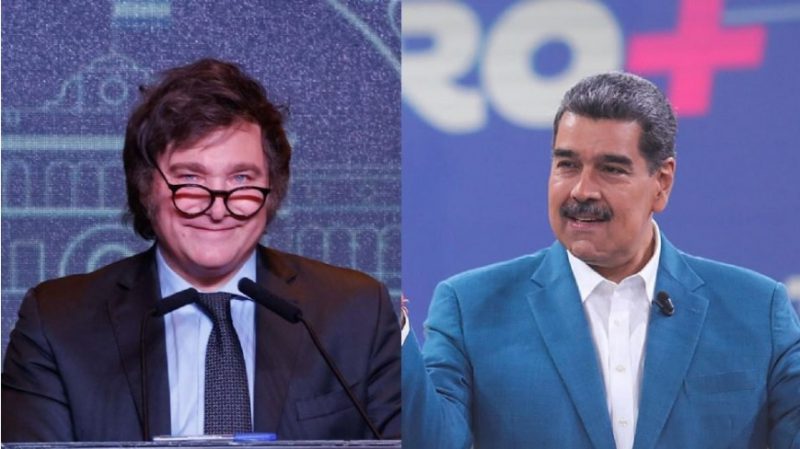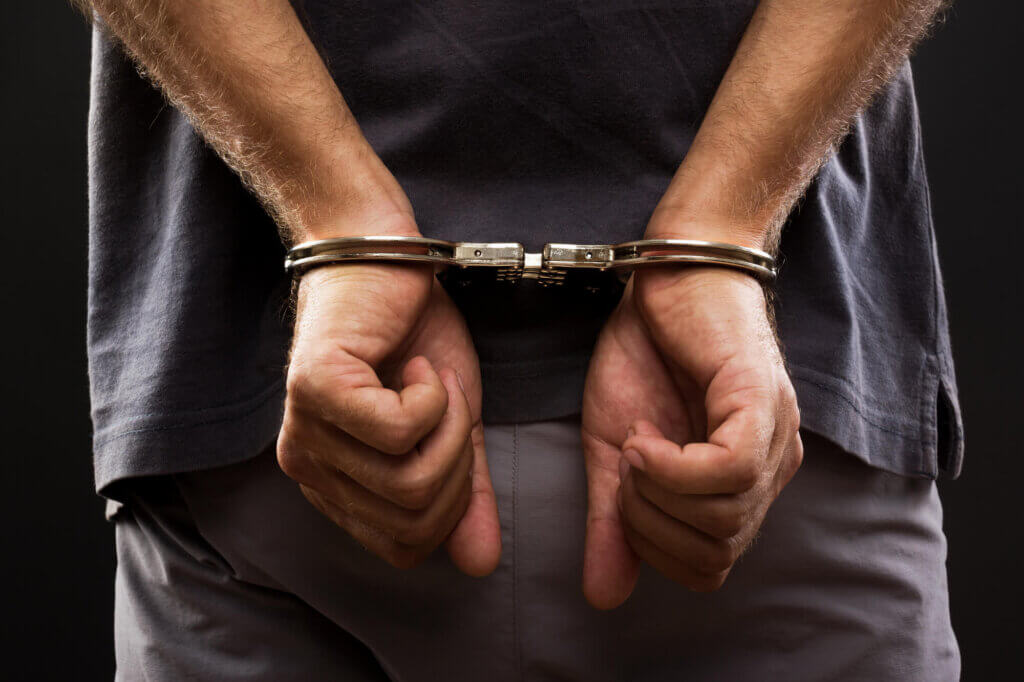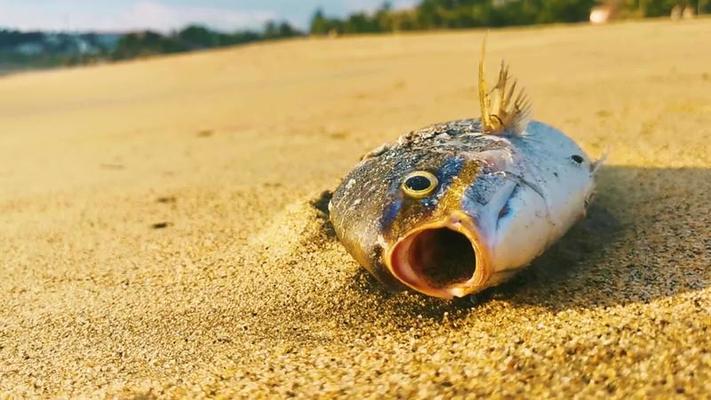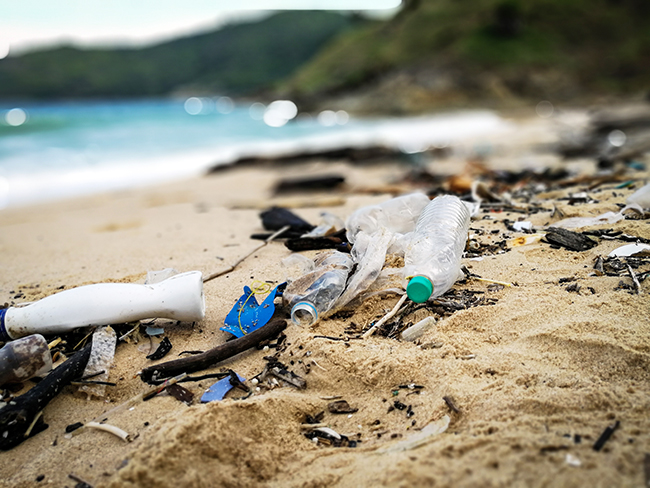Venezuelan Opposition Taking Refuge in Argentina

Venezuelan opposition leaders to the Government of Nicolás Maduro, who are taking refuge in the official residence of the Argentine Embassy in Caracas, confirmed that they are “safe”, although under “siege” by the ruling party, which, according to them, the electricity was cut off at the diplomatic headquarters. “The position of the Argentine president (Javier) Milei is brave,” said Deputy Omar González Moreno to Radio Rivadavia. The six Venezuelans are grateful for being “under protection” and feel “safe” in the Argentine diplomatic circle “This is a wonderful gift by the Argentines for giving shelter to six political leaders who are being harassed and persecuted. We were concerned that they might put us in dungeons and torture rooms, but Argentina has bravely come out to give us shelter.” In an official statement released the day before, the Argentine Government appealed to the Vienna Convention to justify the refuge granted to the opponents – identified as Pedro Urruchurtu, Magallí Meda, Humberto Villalobos, Claudia Macero and González Moreno, plus a sixth whose name is unknown – and protested the cut in the electricity supply. “After issuing an arrest warrant, a siege began on the Argentine embassy in Caracas. They have cut off our electricity. Refrigerators, water, basic services,” said González Moreno, who indicated that there is “video evidence” of officials from the state electricity company removing “part of the equipment that allows only the residence of the Argentine ambassador in Caracas to be without electrical service.”

The refugees are “fine,” agreed Urruchurtu, coordinator of the campaign of the opposition María Corina Machado, on Radio Miter, although he also highlighted the cut of the electricity supply, which “is an unacceptable situation and violates international law,” which he described like “a siege.” “It is part of the persecution unleashed on those of us who are defending the freedom of Venezuelans to vote freely,” explained González, who indicated that the opponents who were able to register as candidates – unlike Machado or Corina Yoris – were “chosen” by Maduro to “remain in power”, which he agreed to after the death of the late President Hugo Chávez (1999-2013) and whose re-election is setup for July 28th. The deputy expressed that, if he were not at the embassy, he would be “detained” and denounced the “forced detention” of two colleagues, whose whereabouts are unknown: “It is part of the brutal tyranny in Venezuela.” Even the leftists Gustavo Petro (Colombia) and Luiz Inácio Lula Da Silva (Brazil) do not defend “the tyranny of Maduro.” “Other countries take advantage” of the fact that the international community “turns its face away,” and he cited Iran, Russia and China. He also stated that in his country “criminal organizations are sheltered”, “drug trafficking cartels have taken over the national territory”, there is “illegal exploitation” of minerals and in small airports there are weekly flights to Tehran.






